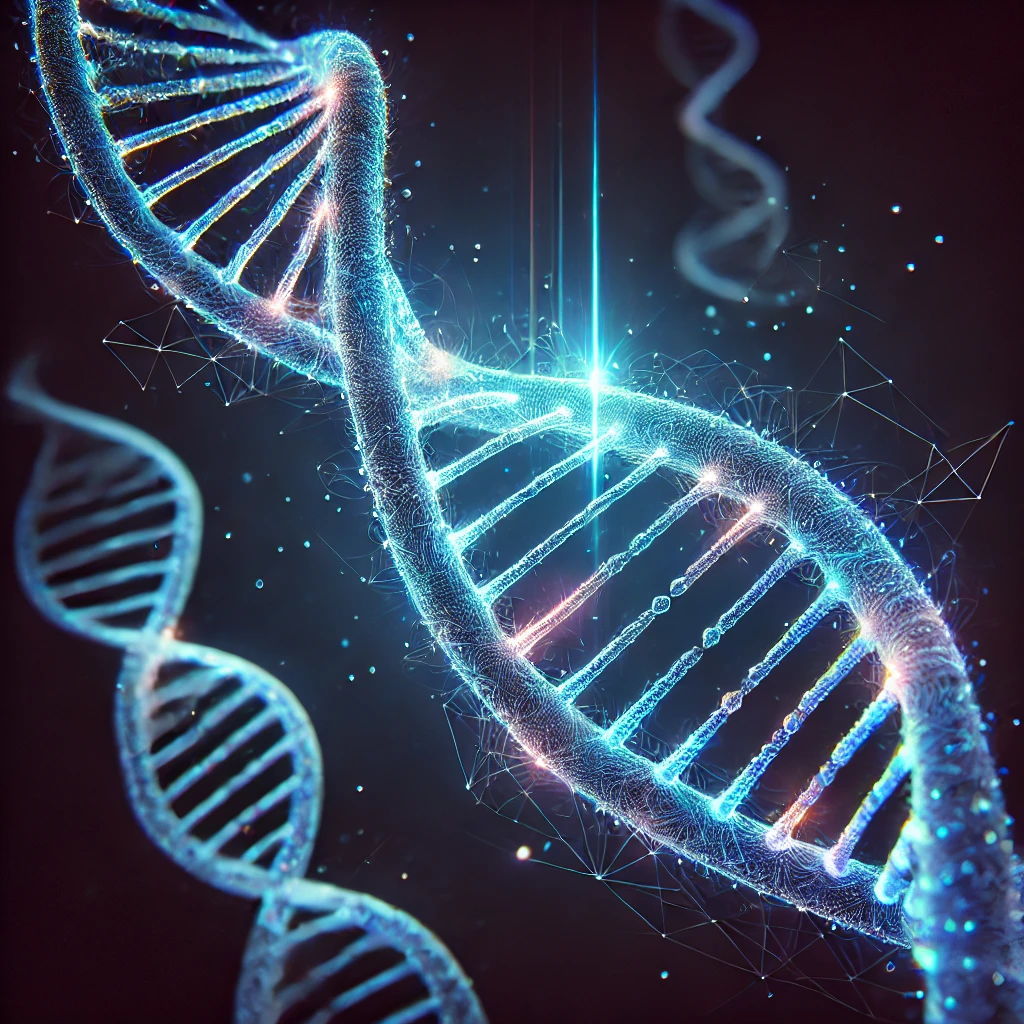Are DNA Tests Accurate
Understanding the accuracy of DNA tests is crucial for those considering using these services for various purposes, such as health insights, ancestry tracing, or genetic research. This article explores the components that influence DNA test reliability, the limitations of different testing methodologies, and how users can interpret results effectively.
How DNA Tests Work
DNA tests typically analyze specific regions of a person's DNA to provide information about genetic traits, ancestry, or potential health risks. The accuracy of these tests largely depends on the type of test conducted, the quality of the sample, and the methods used by the testing company.
Genotyping vs. Whole Genome Sequencing
There are two primary methodologies for DNA analysis: genotyping and whole genome sequencing (WGS).
-
Genotyping: This method examines specific locations on the genome to identify genetic variations. It is commonly used by consumer DNA testing companies due to its cost-effectiveness. Genotyping can be highly accurate for detecting known genetic variants, but it does not provide comprehensive information about a person's genome.
-
Whole Genome Sequencing (WGS): WGS analyzes nearly all of a person's genetic material. It provides a more complete picture of an individual's DNA. While WGS is generally more comprehensive, its accuracy can depend on the sequencing depth and the technology used.
Factors Affecting DNA Test Accuracy
Several factors can influence the accuracy of DNA tests:
- Sample Quality: The integrity of the DNA sample plays a significant role in the accuracy of the test results. Contaminated or degraded samples may lead to inconclusive or incorrect results.
- Laboratory Standards: The procedures and technologies used in the testing laboratory can affect the outcome. Certified laboratories with stringent quality controls are more likely to produce accurate results.
- Database Size: Accuracy in ancestry and ethnicity estimates often depends on the size and diversity of the database used by the testing company. Larger databases with extensive population data can provide more reliable results.
Limitations of DNA Testing
Despite their utility, DNA tests have limitations:
- Interpretation Challenges: The same genetic variant can have different effects in different individuals due to environmental factors and other genetic interactions.
- Health Predictions: DNA tests can indicate genetic predispositions to certain conditions but cannot predict the likelihood of developing those conditions with absolute certainty.
- Ethnicity and Ancestry Estimates: These results are often interpretations based on current data and may evolve as databases expand and new findings emerge.
Understanding and Using DNA Test Results
Consumers can take practical steps to maximize the utility of DNA test results:
- Consulting Professionals: Seeking advice from genetic counselors or medical professionals can help in understanding the health-related aspects of DNA test results.
- Cross-Referencing with Other Tests: Using services like ChatDNA that allow for the combination and analysis of data from different genetic reports can provide a more comprehensive insight, particularly for health and wellness applications.
- Reviewing Updates: Reanalyzing DNA data as scientific discoveries evolve can provide new insights, as DNA interpretations may change over time with new research and databases.
In conclusion, while DNA tests are a powerful tool for understanding genetic traits and potential health risks, the accuracy of these tests is influenced by various factors, including the testing methodology, laboratory standards, and the scope of the genetic database used. Understanding these factors can help users make informed decisions about how to use and interpret their DNA test results.
What is ChatDNA?
ChatDNA can analyze your DNA to answer any question. When you ask a question it will provide clear explanations and meaningful insights about who you are at a genetic level.
You can import existing DNA results from all major services like 23andMe and AncestryDNA or purchase a new DNA test kit through ChatDNA.
ChatDNA is especially valuable for anyone interested in:
- Understanding how their genes influence health and wellness
- Learning about their unique genetic traits
- Discovering personalized insights about their biological characteristics
- Getting clear, conversational answers to their DNA-related questions
Ready to get answers about your DNA? Visit ChatDNA.co to get started.
